Atrial Septal Defect (ASD)
The heart is made up of 4 chambers: two filling chambers (medical term: right and left atria) and two pumping chambers (medical term: right and left ventricles). In the normal heart, the left ventricle pumps blood to the body and the right ventricle pumps blood to the lungs.
The left heart contains oxygen-rich blood for the body. The right heart contains oxygen-poor blood, which is pumped through the lungs to be filled with oxygen
» Click here to take an animated tour of the normal heart
The term ASD is shorthand for Atrial Septal Defect. Translating this into plain English:
- Atria = the two upper chambers that connect to the top of the heart
- Septal = wall between the two atria
- Defect = hole or abnormality
Therefore, an ASD is a HOLE in the WALL between the TOP CHAMBERS of the heart. Blood flow through the hole can increase blood to the right heart, stretch the right heart chambers, and increase blood flow to the lungs.
Is this common?
ASDs are one of the most common types of CHD.
If I have an ASD, what do I need to know?
When you’re young, an ASD might not cause any symptoms. Actually, many ASDs are found only after a cardiac test or when a doctor hears an extra rumble or swish of blood when listening to the heart.
Some larger ASDs may cause problems in adulthood. This might include high pressures in the lungs, a weak heart muscle and unusual heart rhythms. The risk of stroke can also be increased. Large ASDs are usually closed when they are found.
CALLING ALL ADVENTURERS!
If you have an ASD, deep sea diving is not for you. This is because bubbles can form in the blood during deep sea diving. The bubbles can pass through the ASD to the wrong side of the heart. This can make you very sick and that’s why diving is not a good idea. If you really want to dive, you should meet with your cardiologist and discuss having your ASD closed.
Will I need treatment as I get older?
Many of you will have had your ASD closed when you were young. Following closure of an ASD, there should be no problems with physical activity and no restrictions. However, regular clinic visits with a cardiologist may still be recommended.
If you have an ASD that’s causing problems, it can be closed. The ASD can be closed with a device that ‘plugs’ the hole, inserted during a cardiac catheterization.
For some people with an ASD, surgery is the best option. You and your doctor can talk about it to decide what is best for you.
This program was developed by:



